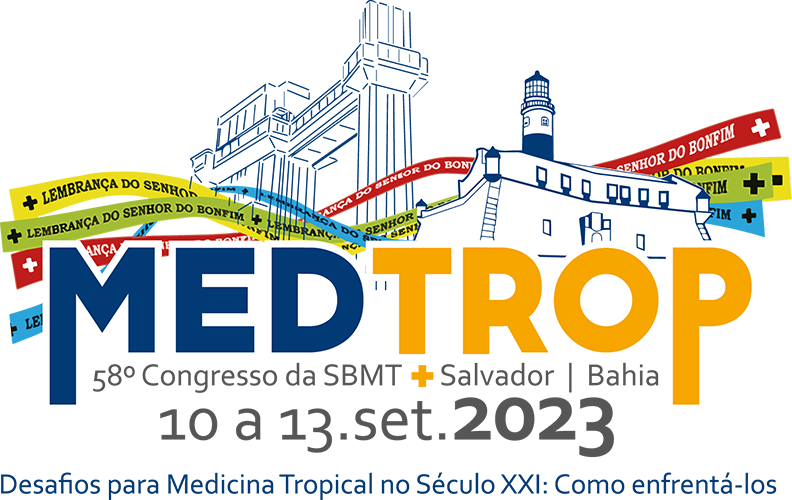Dados do Trabalho
Título
NATURAL SUBSTANCE IN NANOFORMULATION CURE THE TRYPANOSOMA CRUZI STRAIN PROTOTYPE OF RESISTANCE TO CURRENT DRUGS FOR CHAGAS DISEASE TREATMENT
Introdução
Chagas disease (CHD) remains epidemiologically relevant and is the sixth most neglected disease in the world, causing high morbidity and mortality in full working age. The most serious problem is the lack of adequate prophylactic therapy and effective etiological treatment for this disease, being benznidazole (BZ) and nifurtimox (NIF) the drugs currently used. These drugs are administered in a prolonged regimen, cause serious side effects, and have limited therapeutic efficacy mainly in the chronic phase of the disease, justifying the search for new therapeutic options.
Objetivo (s)
This project aims to advance in studies of acute toxicity and therapeutic efficacy of the natural substance Lychnopholide (Free-LYC) and in polymeric nanocapsules (LYC-NC) formulations in murine mice previously published by our team.
Material e Métodos
For acute toxicity evaluation, Swiss mice were treated with 12, 24, and 48 mg/kg/day, and the therapeutic efficacy was determined in animals infected with the Colombian T. cruzi strain, 100% resistant to BZ and NIF, treated with both formulations at 12 mg/kg/day. Treatment with BZ 100 mg/kg/day was used as a reference control. The animals were post-treatment evaluated with parasitological (FBE, hemoculture, blood and cardiac tissue qPCR) and serological (ELISA) tests.
Resultados e Conclusão
In the test of acute toxicity, 100% of the mice treated with LIC-NC survived, while 70% of the animals treated with Free-LYC died after 24 h of treatment with the highest dose. There was weight gain in all animals treated with both formulations compared to the untreated control. No differences in biochemical and hematological analyses were observed between the treated and the control groups. LYC-NC cured 80% of the animals in the acute phase of the infection with the Colombian strain, being negative in all tests, while animals treated with BZ were not cured. Lychnopholide proved to be effective against T. cruzi in vivo, in its free and nanocapsule formulation, with significant cytotoxicity reduction when encapsulated. LYC was still less cytotoxic in all parameters compared to BZ control. Free-LYC and LYC-NC were safe for use in murine model. Together, the potential of Lychnopholide and the important role of the nanoformulation LYC-NC in the chemotherapy of Chagas disease was demonstrated.
Palavras-chave
Chagas disease, Lychnopholide, nanocapsules, Colombian strain, acute toxicity, therapeutic efficacy
Agradecimentos
CAPES, FAPEMIG, CNPq, UFOP, CIPHARMA-UFOP
Área
Eixo 06 | Protozooses
Categoria
Concorrer ao Prêmio Jovem Pesquisador - Doutorado
Autores
Matheus Marques Milagre, Fernanda Karoline Vieira Silva Torchelsen, Tamiles Caroline Fernandes Pedrosa, Renata Tupinambá Branquinho, Dênia Saúde Antunes-Guimarães, Vanessa Carla Furtado Mosqueira, Marta Marta de Lana

 Português
Português English
English